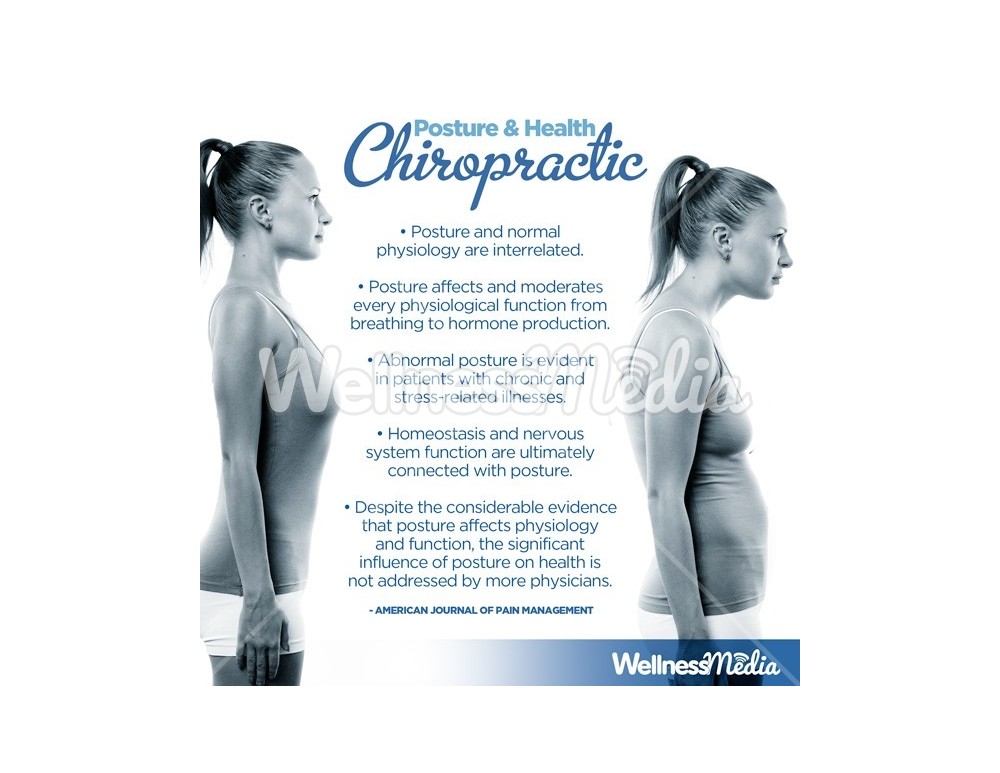Nutrition'S Effect On Neck And Back Pain Alleviation: Dietary Choices To Embrace And Those To Stay Away From
Nutrition'S Effect On Neck And Back Pain Alleviation: Dietary Choices To Embrace And Those To Stay Away From
Blog Article
Authored By-Livingston Lockhart
When it pertains to managing your pain in the back, the food choices you make can substantially impact exactly how you feel daily. Visualize having the ability to relieve your discomfort just by readjusting what you consume. By understanding the duty of nourishment in back pain monitoring and knowing which foods to incorporate or avoid, you can take aggressive steps in the direction of a much healthier and more comfy lifestyle. The link between nourishment and back health is more extensive than you might understand-- let's check out exactly how particular foods can either soothe or intensify your back pain.
Significance of Nourishment in Pain In The Back
Nourishment plays an important role in managing pain in the back. Your diet plan can substantially impact inflammation degrees and general pain levels in your back. Eating a well balanced diet regimen rich in nutrients like vitamins D and K, calcium, magnesium, and omega-3 fats can help reduce inflammation and enhance bones, which are essential for back health.
Furthermore, preserving a healthy weight via proper nourishment can reduce stress and anxiety on your spine, lowering the threat of neck and back pain.
Additionally, massage in washington heights like antioxidants discovered in fruits and vegetables can help fight oxidative stress and anxiety and advertise healing in the body, consisting of the back muscles and spine.
On the other hand, eating too much quantities of processed foods, sweet drinks, and undesirable fats can add to swelling and weight gain, intensifying pain in the back.
Foods to Eat for Back Health And Wellness
To support a healthy and balanced back, incorporating nutrient-rich foods into your everyday meals is crucial. Consisting of foods high in anti-oxidants like berries, spinach, and kale can help reduce swelling in your back, easing pain and pain. Omega-3 fatty acids discovered in fatty fish such as salmon and mackerel have anti-inflammatory homes that can benefit your back wellness.
In addition, eating nuts and seeds like almonds, walnuts, and chia seeds offers essential nutrients like magnesium and vitamin E, which support muscle mass function and minimize oxidative stress. Including lean proteins such as poultry, turkey, and tofu can assist in muscle repair and maintenance, promoting a strong back.
Don't fail to remember to consist of milk or strengthened plant-based choices for calcium to sustain bone health. Last but not least, hydrate with a lot of water to maintain your spine discs hydrated and working efficiently. By consisting of these nutrient-dense foods in your diet plan, you can nourish your back and support overall back health and wellness.
Foods to Avoid for Pain In The Back
Select avoiding processed foods high in added sugars and trans fats when looking for relief from pain in the back. https://www.cheatsheet.com/entertainment/whoopi-goldberg-finally-returns-to-the-view-after-sciatica-pain.html/ of foods can contribute to inflammation in the body, which may aggravate back pain. Say no to sweet treats sweet, breads, and sugary drinks, as well as convenience food products like hamburgers, fries, and fried poultry that are typically loaded with trans fats.
Furthermore, stay away from foods containing high degrees of refined carbs, such as white bread, pasta, and breads, as they can spike blood glucose levels and possibly get worse swelling in the body.
It's additionally important to restrict your consumption of foods high in saturated fats, like red meat and full-fat milk products, as they can contribute to swelling. Refined foods like delicatessens meats, chips, and packaged snacks are often high in hydrogenated fats and should be eaten in moderation.
Conclusion
In conclusion, focusing on your diet regimen and making wise food choices can have a significant effect on handling pain in the back. By incorporating nutrient-rich foods like berries, fatty fish, nuts, and lean proteins, and preventing refined and sugary items, you can help in reducing swelling and support overall back wellness. Keep in mind, what you eat plays a vital function in exactly how you really feel, so see to it to prioritize your nutrition for a much healthier back.
